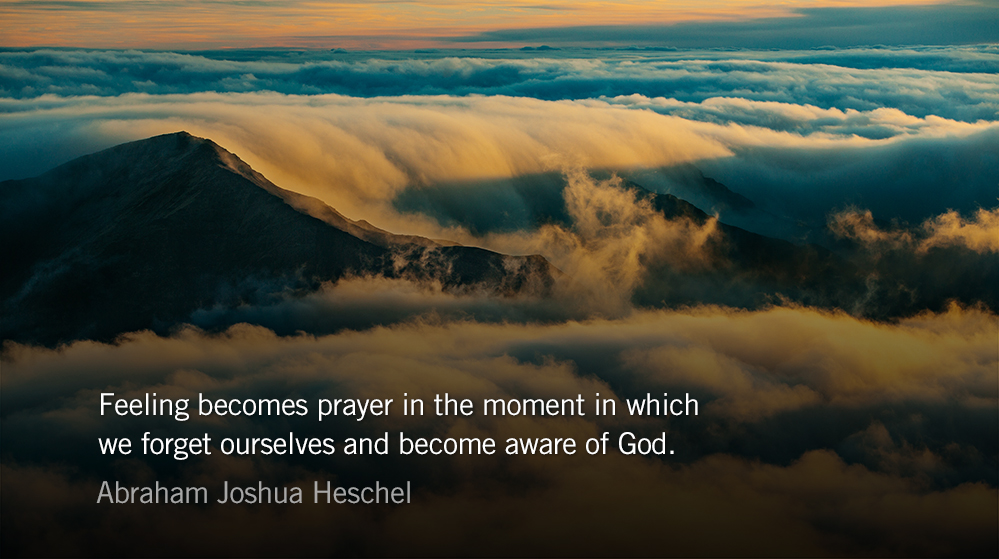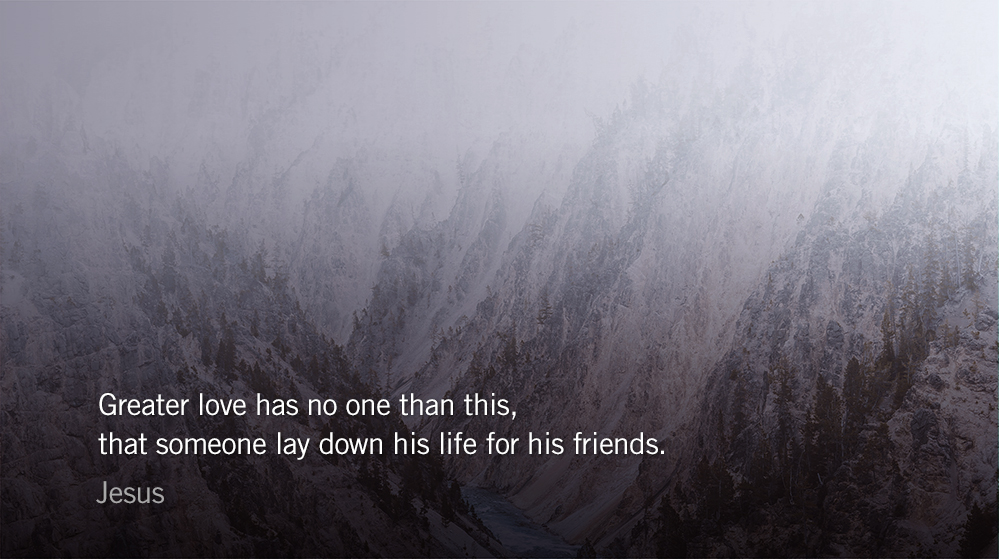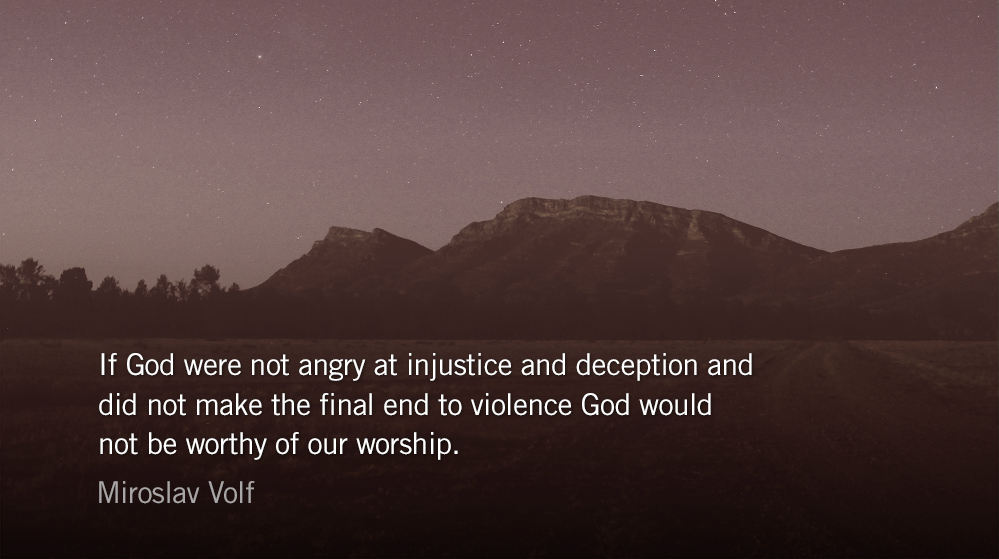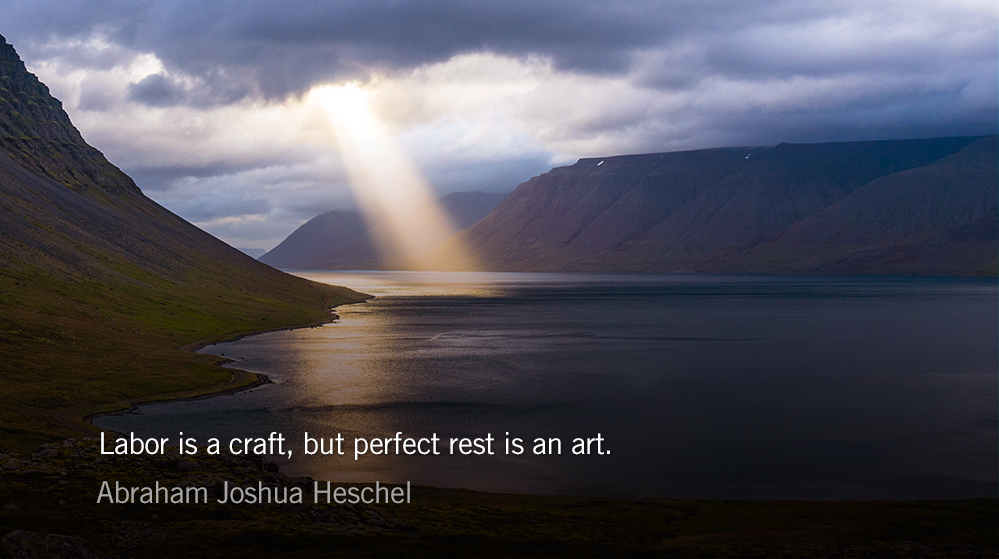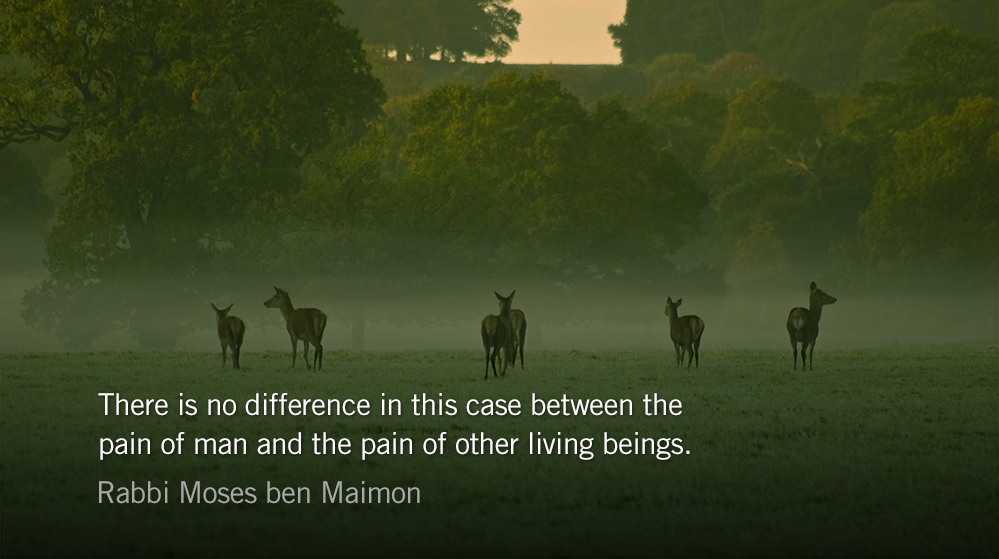The focus of prayer is not the self. It is the momentary disregard of our personal concerns, the absence of self-centered thoughts, which constitute the act of prayer. Feeling becomes prayer in the moment in which we forget ourselves and become aware of God.
―Abraham Joshua Heschel
Scripture: Psalm 35.1
Contend, O Lord, with those who contend with me; fight against those who fight against me!
Reflection: Praying Beyond Ourselves
The Park Forum
Taken in isolation, the Psalmist’s brazen prayers for preservation of self can seem the opposite of healthy religion. Our default setting tends to be prayer for ourselves—yet religion is supposed to lead us into deeper levels of thought and care of those around us and the world we live in.
Those seeking to deepen their prayer lives today must note that the Psalmist isn’t rebuked for his prayer. While the level and extent to which God answered this prayer is unknown, we do know that this is far from the last prayer David penned in the Psalms.
Theologian Walter Brueggemann observes that David’s prayer life in the Psalms follows two transitions. The first is from a orientation around the principles of faith to the disorienting depths of seeing evil succeed against those principles in our world. In modern terms, this is the transition that happens when pain and suffering stretch us beyond the elementary answers and pleasantries of cultural faith.
It is impossible, Brueggemann explains, to return to the simplistic stage of orientation once life has fallen apart. The only two choices are to lose faith or grow into a new orientation—this second move brings a person to a more robust and nuanced way of understanding God and the world.
While the cries of Psalm 35 come early in David’s life—while he is still trying to project the outcomes of an idealistic faith onto the world in order to give it order—they are a key part step on his journey. As he grows in faith, David begins to love his neighbor as himself.
Perhaps this is why David isn’t rebuked in the first place. Idolatry of self is not defeated through low self esteem, but through exceeding esteem for others. It is rare I lose sleep over my neighbors struggles—a sign I’m still caught up with myself.
Prayer: The Refrain for the Morning Lessons
Be strong and let your heart take courage, all you who wait for the Lord. —Psalm 31.24
– From The Divine Hours: Prayers for Springtime by Phyllis Tickle.
Full prayer available online and in print.
Today’s Readings
Numbers 1 (Listen – 6:21)
Psalm 35 (Listen – 3:21)

